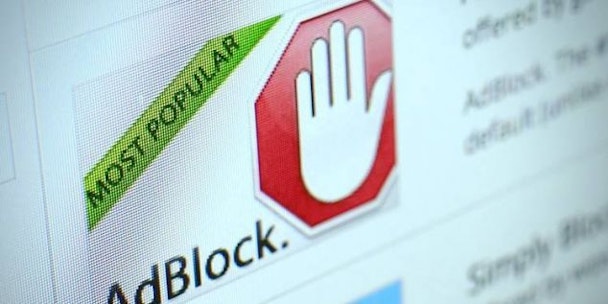Cross-industry manifesto to ad blocker pandemic on its way
The advertising industry’s largest stakeholders, including those representing the world’s biggest advertisers and media owners, as well as consumer advocate groups are in talks to establish a consensus on how best to serve ads to consumers using ad blockers.

The talks have been facilitated by PageFair - described by many as an anti-ad blocker - plus digital publisher trade body Digital Content Next. Representatives of all sides have been asked to share their view on how best to resolve the questions raised by the surge in ad blocking use.
Trade bodies such as the World Federation of Advertisers (WFA), magazine trade body FIPP, plus the vehemently anti-ad blocking NAA have participated in the series of roundtables where other interests such as Mozilla, and the Electronic Frontier Foundation (EFF) have also been present.
Other parties, such as media agencies have also contributed to the discussions, which ultimately came down to one question: ‘what is the best way to use online ad serving technologies that cannot be circumvented by ad blockers?’
PageFair’s Dr. Johnny Ryan, told The Drum the series of roundtables (three in total) have been taking place since late last year, with the anti-ad blocker pitching the idea to publishers as “revenue recovery”.
“Now that the consumer has done away with the status quo, we have to ask ourselves [as an industry] how can we make the web a more sustainable environment for publishers?,” he said. “Encryption alone does not solve it.”
Ryan explained that PageFair has a means of serving ads that cannot be encumbered by ad blocking extensions downloaded from the web (although he did not elaborate further as to how). He also said the talks are aimed at popularising the idea of maintaining an ad funded web, but one that would give consumers’ a fairer deal.
Despite this technological ability having been on offer for some time, the question has always remained: why serve an ad to someone that has elected to download an ad blocker?
However, those that have researched the area are quick to point out that 50 per cent of all ad blocker users are willing to uninstall such software if provided with assurances that their trust won’t be abused, plus made aware of the economics behind web content, according to Ryan.
He also went on to point out that a benefit of serving ads to users on “the blocked web” was that advertisers could be assured that any clicks on such ads are generated by humans.
“Another issue we have to deal with is clutter…. The user has too little attention, and on the ‘unblocked web’ it is arguably too cluttered an environment.”
Proposed principles over how best to serve ads to ad blocker users are still under consideration, but Ryan was able to share a few of the core tenets that were broadly agreed upon.
These include: scarcity (i.e. fewer, more premium ads); right to reply (i.e. audiences should have tools to flag bad ads and complain about them); not allowing advertisers to use metrics as a means of driving down cost; committing to a maximum pageload time.
“Basically, there is a decision to be made: what is the right of the consumer on the blocked web?,” explained Ryan. "Can we build a shared understanding of a better user experience on the blocked web?"
Currently those involved in the discussions are still reviewing the suggestions, with the proposed consensus expected to take form in the guise of a seven point manifesto-type document.
Dr Ryan was speaking earlier today (9 May) at The 614 Group’s Brand Safety Summit, where fellow speaker David J Moore, president of WPP Digital, spoke about The IAB’s LEAN initiative, plus other methods of dealing with ad blocker users.
He also explained the IAB’s Tech Lab group has developed technology to help companies detect when a user comes to their website with an ad blocker, plus it has also developed guidelines advising how best to deal with ad blockers (see right).
“Why would you let someone into your site if you can’t monetise them? Why would you let someone in without explaining the quid pro quo? There is no free lunch,” he told attendees.

